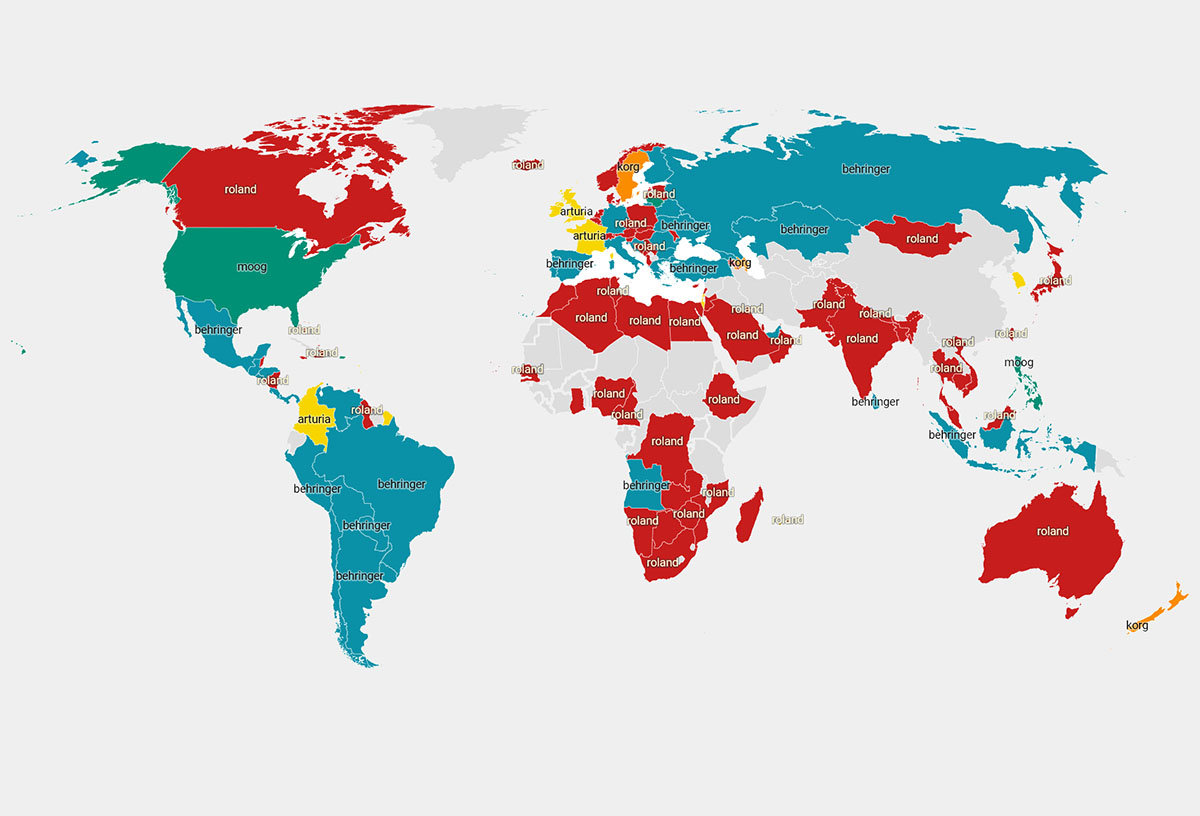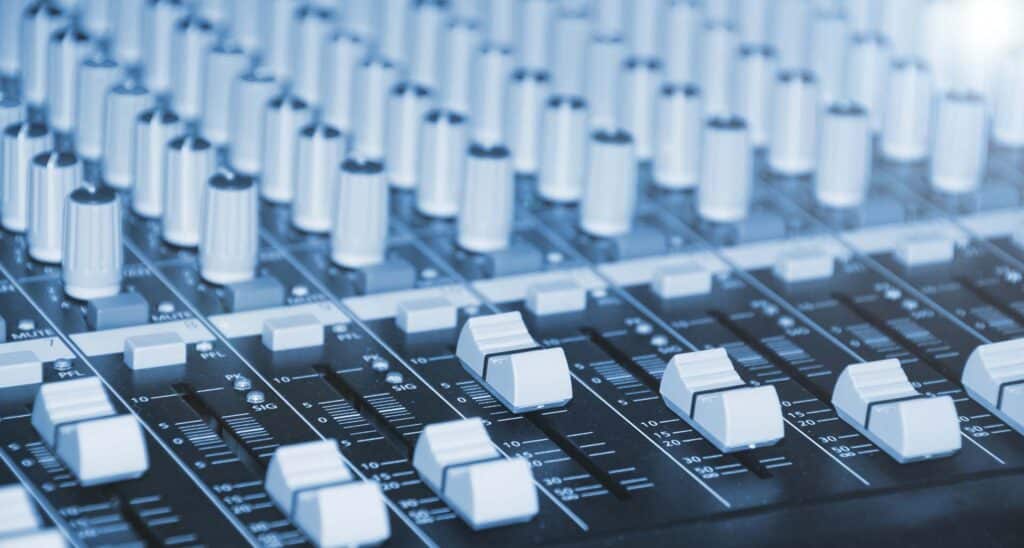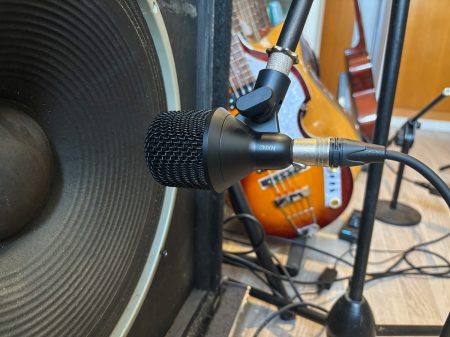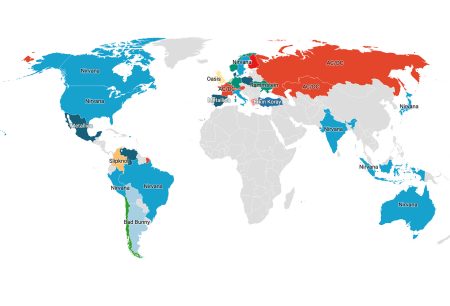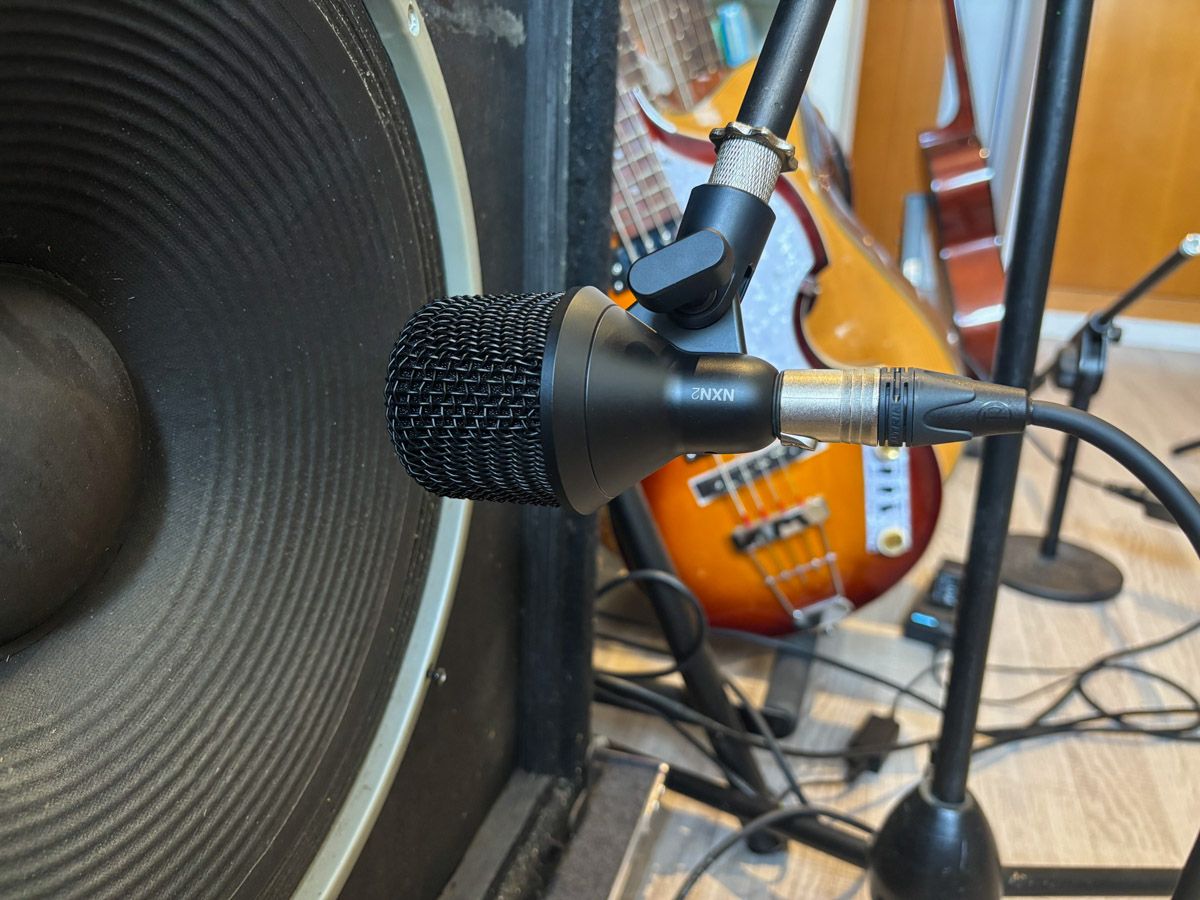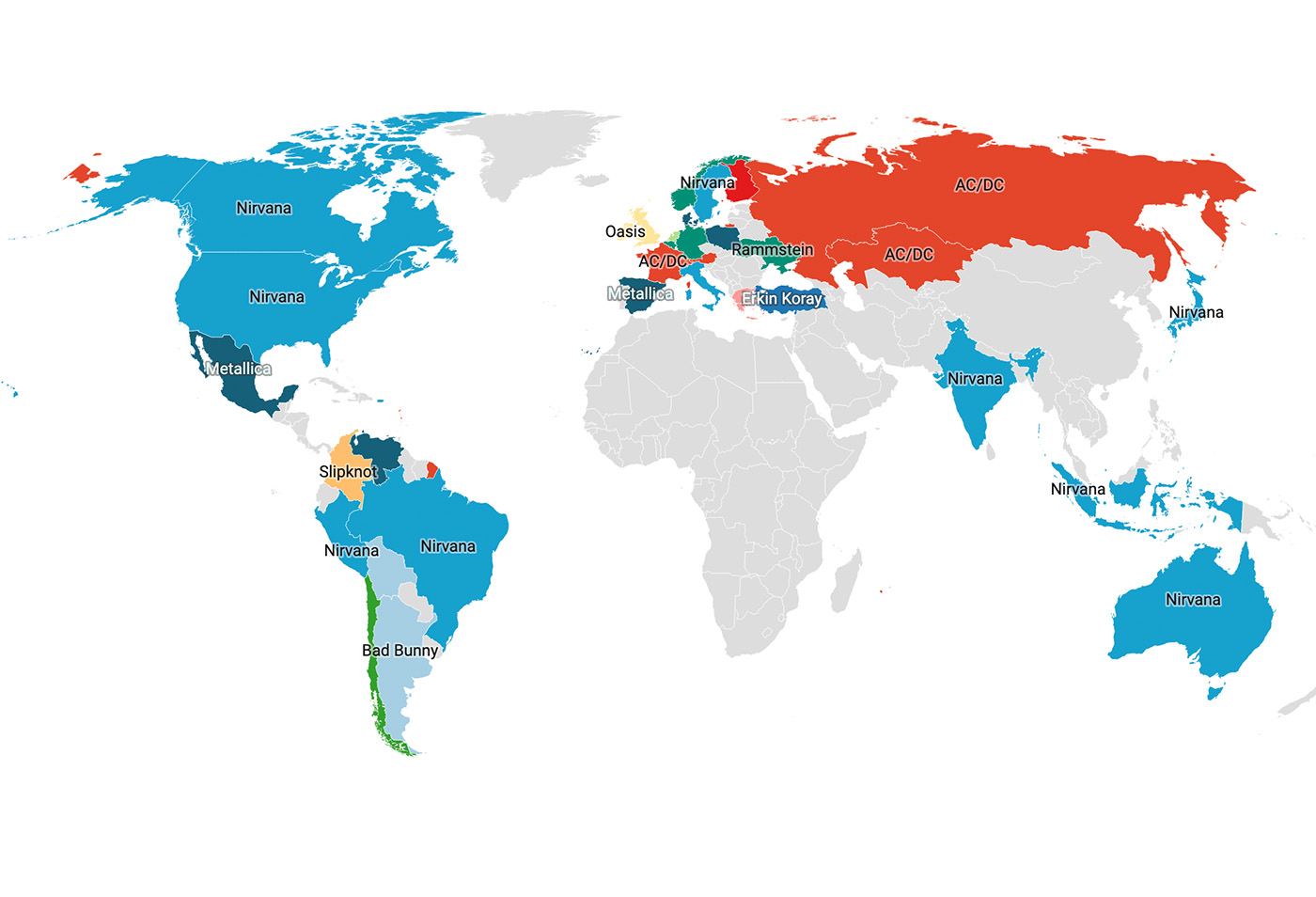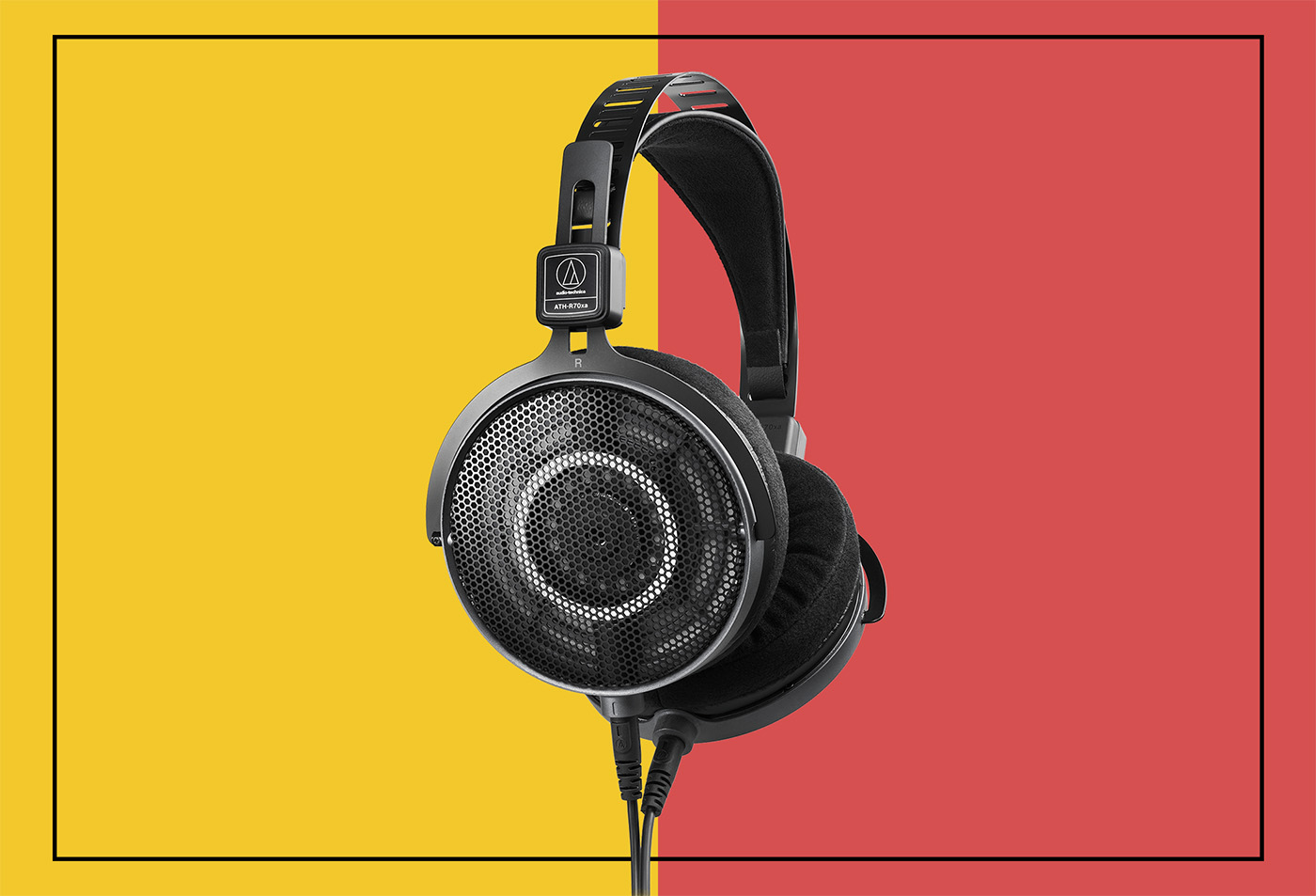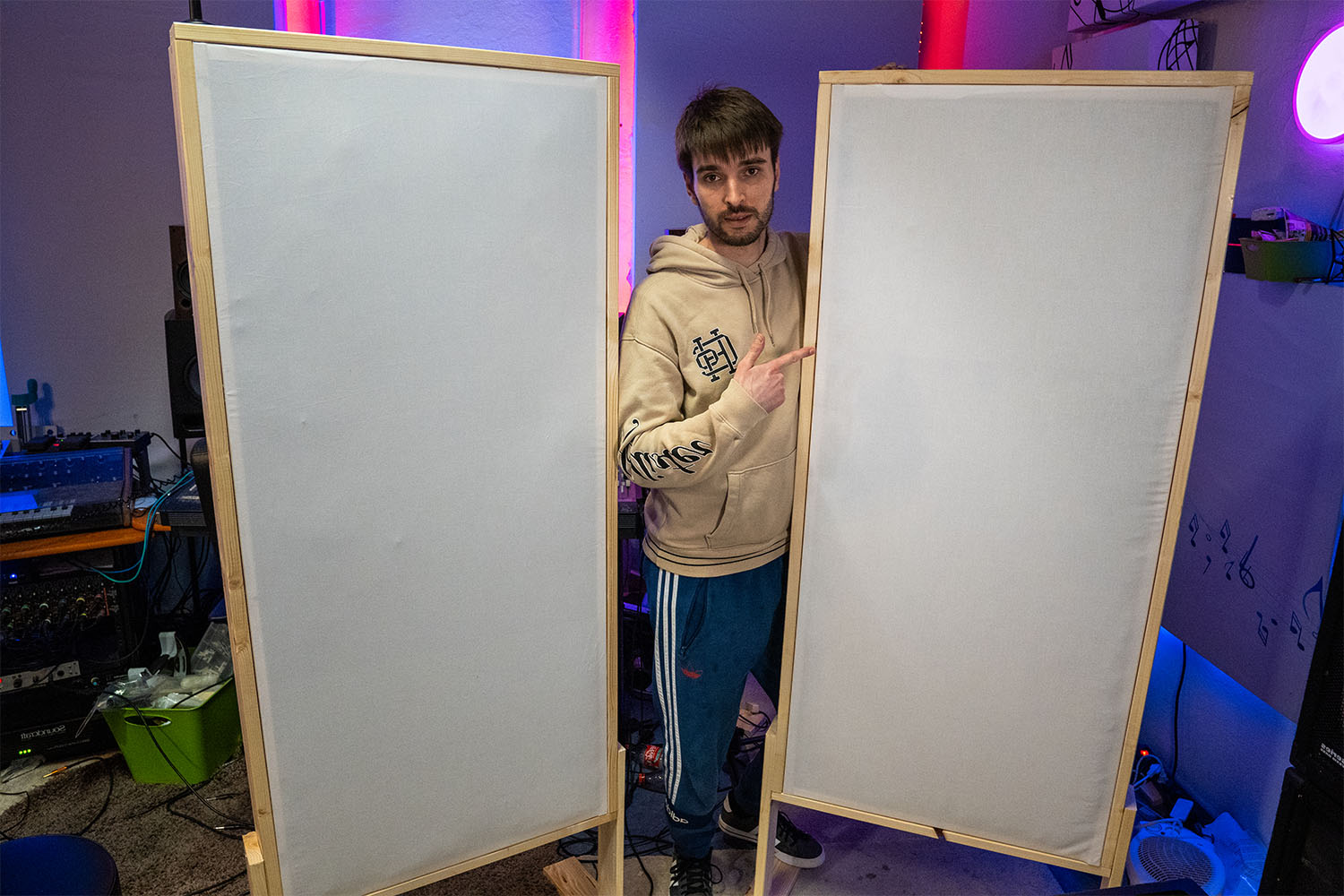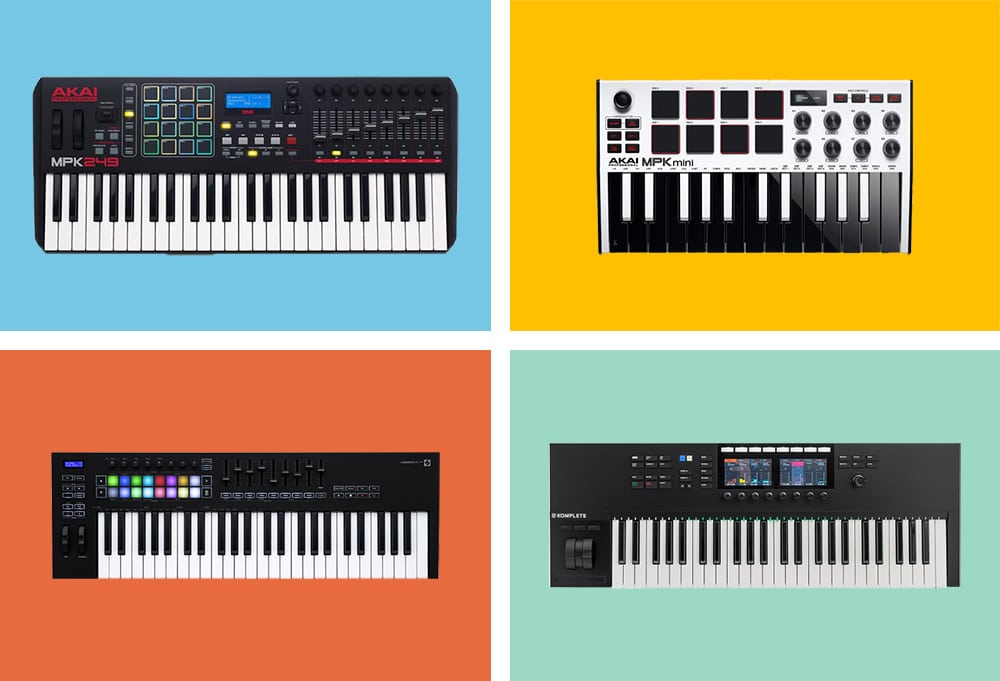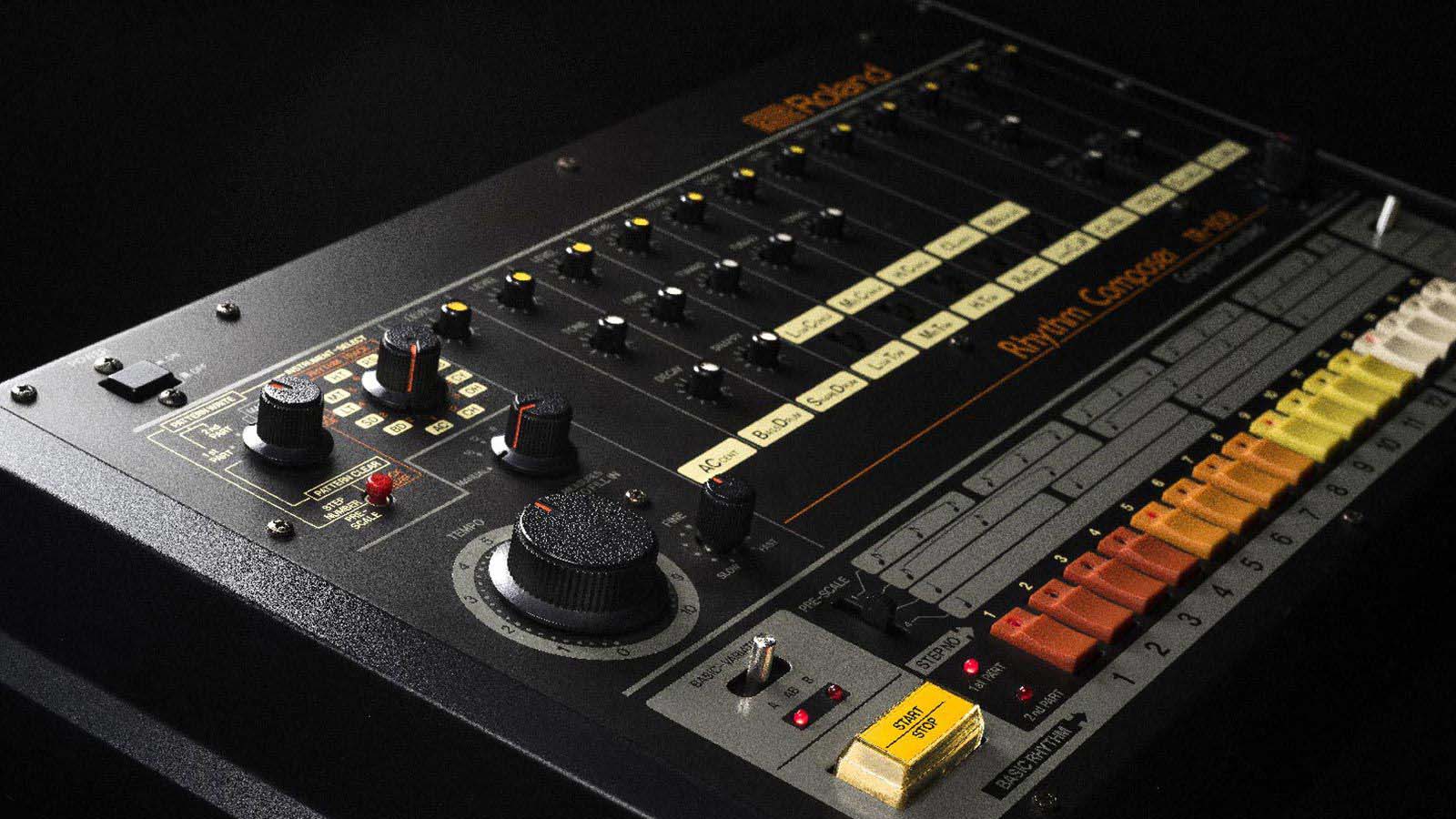Both mixing and mastering are very important processes to make a song sound good and round. However, there are big differences between the two processes, and in the best case they should be done by two different people (if you have the budget, of course).
So what is the difference between mixing and mastering now? Generally speaking:
Mixing is the process before mastering where the individual recordings (tracks) are edited and combined or mixed into a single stereo audio file. Mastering is the process after mixing, where the balance between different songs within an album is sought.
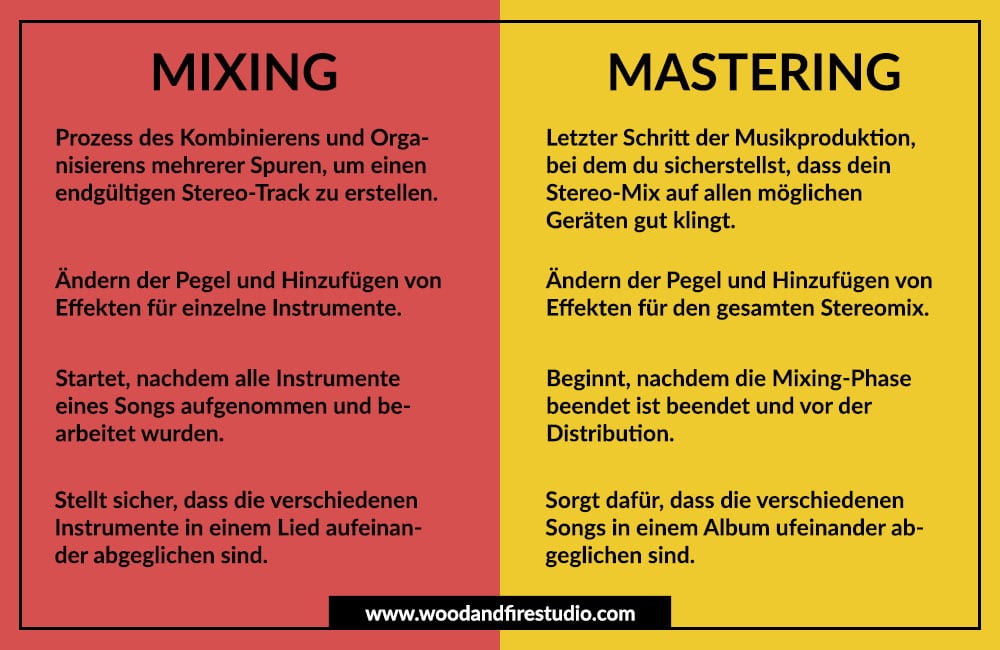
Every song goes through three phases: Recording, mixing and mastering, and always in that order. We can all imagine how the recording goes, but the line between mixing and mastering seems very thin.
Find detailed articles on both processes here:
6 Important differences between mixing and mastering
- Mixing studios have very good acoustics, but mastering studios must have perfect acoustics, because mastering requires hearing more in detail.
- Mixing is the process of balancing the different instruments (vocals, guitar, drums...). The final result is a stereo file that is sent to the mastering engineer. During mastering, this stereo file is processed. It makes sure that the song has a similar volume to the other songs on the album and that the song sounds the same on all the different speaker systems.
- Mixing is about expressing the artist's vision and conveying feelings, while mastering focuses on sound quality and the technical requirements of the various music platforms (digital, CD, vinyl).
- When mixing, you work a lot with emotions. But mastering is about making the already mixed song sound good and consistent next to the other songs (radio, album...).
- Mixing sessions can be huge. Metal songs can have more than 60 different tracks, while other, more complex projects (classical music, for example) can have more than 150. In contrast, mastering usually involves working with one stereo track, although it's now common to master using stems. But if the song is mixed well, this is not necessary.
- When mixing, you can make strong sound changes (whenever it suits the artist's vision). This is possible because you can edit each track individually. So you can make the guitar extremely distorted without the voice distorting. In mastering, however, the changes are much more subtle, affecting the whole song at once. This means: In mastering, you can't (or it's very, very difficult) make the bass quieter without also affecting the bass drum.
Now that we know the main differences, I'll explain in more detail what each part is made of.
Mix and Mastering: What is Mixing?
After you've recorded your individual tracks, your project is ready for the mixing stage. Of course, every sound engineer has their own workflow, but we can all agree that organizing your tracks is a good first step. Start by giving each track a descriptive name.
"Lead Vocals" makes much more sense than "audio_track_25.wav". Adjust the volume for each track to make sure they are not too loud and not too soft and are roughly the same volume. Use the faders of your DAW or mixer to roughly set the levels of each track.
Then you pan each track to create a balanced sound image and give each element its own spatial position in the stereo image. Done already? Congratulations! You have now created a so-called rough mix.
Next, apply various effects such as compressors, noise gates, and EQs to the tracks to give each element space and create a sonically balanced mix. These mixing methods ensure that each track is audible and that the energy is well distributed across the audio spectrum when the tracks are played together.
Compressors are used to manipulate and contain the dynamic range of each track. Additional EQs and compressors, as well as reverb, delay, modulation, saturation and other creative effects are also applied to each track (and can also be applied to the entire mix, depending on your tastes and preferences).
During the mix, you edit tracks, adjust pitch and time, change crossfades, optimise track levels and apply automation if you want your adjustments to happen in real time during playback.
It is important that your mix sounds equally good on a variety of playback systems, otherwise it will sound very good in your studio but like nails on a chalkboard elsewhere. That's why it's important to test your mix with headphones, in-ears and alternative speakers (your car is great for this).
Also interesting: 7 useful ChatGPT prompts for musicians and music producers
Mix and Mastering: What is Mastering?
Mastering is the last step in the production of a song. In this phase, you work with the already mixed track and give it some final adjustments before putting it on the market.
The mastering process has three main goals:
- Increase the volume
- To make the song sound better
- Making sure the song sounds good on all speakers
As with mixing, it's about creating a sense of balance, but between different songs rather than between different individual parts of a song.
Within an album, for example, the mastering engineer decides on the order of the songs so that they are consistent, and levels them so that they are all the same. They also work with volume crossfades, gaps between tracks...
Nowadays it's very common to master songs to put them outside the context of the album in social networks to be distributed. In this case, the mastering process focuses more on the song having commercial volume and being comparable to other songs in the genre.
What does mastering mean?
The term mastering originally comes from the English term "master", which refers to the original physical copy (master record) of a song.
In the early days of vinyl, it quickly became clear that the ready-mixed, very bass-heavy songs could cause problems with the record player's needles - the needle could even jump out of the groove and damage the record itself.
So the sound engineers had to make EQ corrections to ensure that the master records played smoothly everywhere. This was the beginning of mastering as an art, which eventually became established as an inevitable and essential process of music production.
Mix and mastering, one depends on the other.
You have to know that the mastering engineer normally has no access to the mixing process. He works with a finished stereo track, he has no access to separate instruments. Therefore, he cannot turn up the volume of a certain instrument or fix problems in the mixing, such as an instrument that already sounds distorted.
To fix a problem where, for example, the frequency of a certain instrument is missing, you have to raise this frequency on the master channel. The result is that you raise this frequency on ALL instruments, as you only have access to the final mix when mastering. Here's a friendly reminder: Always fix individual volume problems in the mix!
Mastering is a subtle process that is often seen as the final touch. To make the engineer's job easier, he needs to export tracks at low levels, with plenty of headroom, so that he has enough room to work, EQ, compress, and finish the track without clipping or distortion. You should be aware that it is often considered bad practice to finalize a mix near the 0-db level or an extremely high LUFS value in your DAW. You should avoid this, because it makes the mastering engineer's job very difficult.
Mix and mastering: So what's the difference?
When mixing, a lot of attention is paid to very small details. While you are adjusting the EQ, adding compression and setting the reverberation time of the reverb in the 2:34 minute of the song, you easily lose track of the whole song. That's why the production is divided into two parts.
The mastering engineer can see that the whole song is missing low frequencies, for example, and give it a final EQ. Metaphorically speaking, while we work with the trees when mixing, we work with the forest when mastering.

By loading the video, you accept YouTube's privacy policy.
Learn more
On the other hand, mastering engineers usually work in very well isolated and acoustically treated rooms. It is true that mixing engineers also benefit from these qualities, but they tend to move from one studio to another. In mastering, it is more important to have a good reference point, a room that the engineer knows well.
Once the song is mixed, it won't look much different after mastering. Most EQ changes only add or subtract 1 dB. That's why the recording and mixing processes are so important.
In the mastering phase we can no longer amplify a kick or EQ a voice, only general adjustments to market standards are made.
The process that the mastering engineer goes through can look something like this:
- Critical ear: What does this song need to reach industry standard? Is there anything that needs to be changed?
- Adjust the volume of the song according to genre, personality and format.
- You can emphasise frequencies more or less and add compression to improve tonal balance and increase or decrease dynamic range.
- Determine the settings by comparing the song with the rest of the album so that they are consistent.
- Select the export settings depending on the final format. This includes working with conversion levels, resampling...
Conclusion
Although the two processes may seem similar, they have very different goals. Mixing plays a crucial role in creating a good song.
The role of the mix can make the difference between an average song and the hit of the summer. It has a very important artistic component.
Order is extremely important when producing. Between processes and within the same process, you should forget about mastering until you have a good mix!
I hope I've cleared up all your doubts, but if anything isn't quite clear, feel free to leave me a comment so I can help you further.



